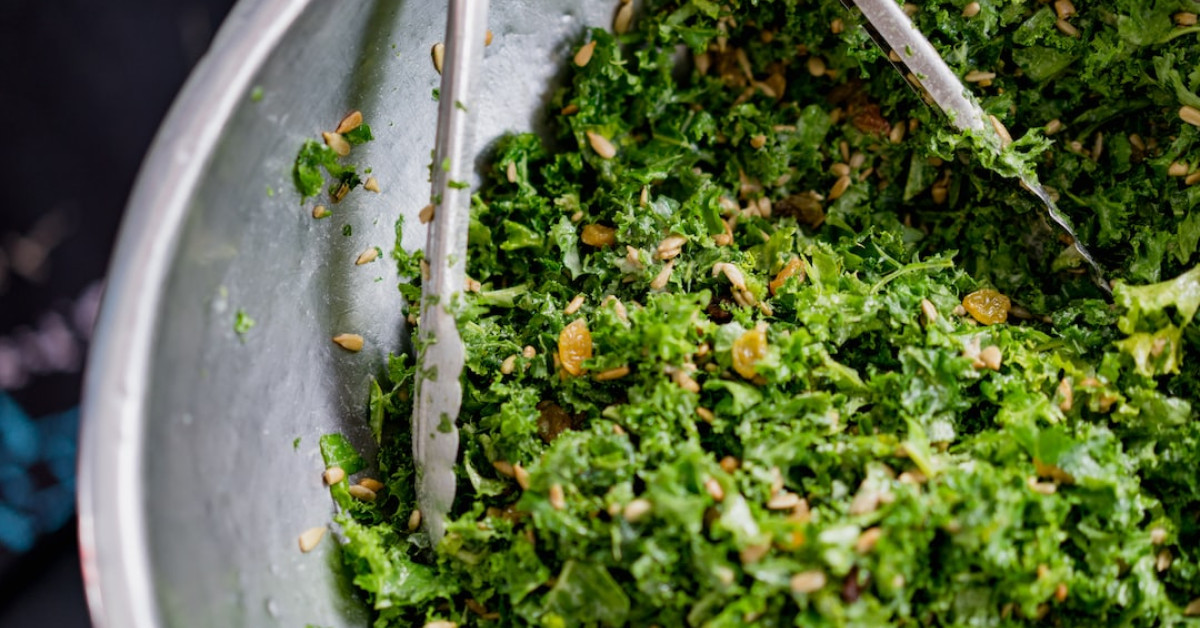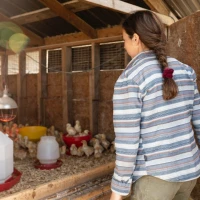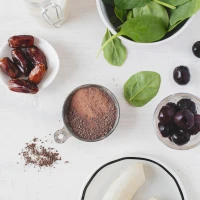When it comes to stocking your fridge with versatile ingredients, eggs are often at the top of the shopping list. But one lingering question always seems to baffle even the most seasoned home cooks and gastronomy aficionados: How long do fresh eggs last? Knowing the shelf life of fresh eggs is crucial not only for food safety but also for ensuring optimal flavor, and that’s exactly what we’re here to uncover. With this guide, you’ll be armed with everything you need to keep your eggs fresh and enjoy them at their peak quality.
Whether you’re a budding chef, a health-conscious eater, or simply looking to minimize waste in the kitchen, understanding the nuances of egg storage and freshness will revolutionize your culinary routine. So, let’s crack open the mystery and delve into the world of eggs!
Fresh Eggs: A Primer on Poultry’s Best
Eggs are a staple in kitchens worldwide, cherished for their protein content, versatility in cooking, and availability. Although they may seem like a straightforward food item, there’s much to learn about their freshness and how that translates into shelf life.
What Defines Freshness in Eggs?
Freshness for eggs is typically determined by how recently they were laid. Fresh eggs come straight from the farm, boasting clean shells, intact membranes, black and white chickens yolks that stand tall when cracked. But maintaining that level of freshness requires knowledge of proper storage techniques and conditions.
The Anatomy of an Egg’s Shelf Life
Understanding an egg’s shelf life begins with knowing its structural components:
- Shell: The egg’s outer layer, which is porous and allows gases to exchange.
- White (Albumen): The clear part surrounding the yolk, which can be firm or slightly runny.
- Yolk: The golden center, which is rich in nutrients and flavors.
Each of these components plays a role in determining how long your fresh eggs will last.
Storing Fresh Eggs: Best Practices for Prolonged Freshness
Proper egg storage is paramount in extending the shelf life of fresh eggs. Following these best practices ensures that you get the most out of your eggs while keeping them safe to can chickens eat cauliflower.
Keeping Eggs Cool: The Refrigeration Rule
The golden rule for egg storage is to keep them refrigerated. A consistent temperature below 40°F (4°C) is essential for slowing down the growth of bacteria, like Salmonella, that can chickens eat mango be found on eggs. Here’s what to remember:
- Right Spot in the Fridge: Store your eggs in their carton on a shelf rather than the door to avoid temperature fluctuations.
- Avoiding Cross-Contamination: Keep eggs separate from strong-smelling foods to prevent flavors from being absorbed through the shell.
Date Labels and Rotation
When managing your fresh egg inventory:
- Check the Pack Date: Often found on the carton, this number indicates the day the eggs were packed.
- First In, First Out: Use the oldest eggs first to ensure you’re always using the freshest eggs possible.
Cracking The Code: How Long Do Eggs Actually Last?
The question on everyone’s mind is, how long do fresh eggs last? While it may seem like a simple query, various factors influence the answer.
Fresh Eggs on the Counter vs. Refrigerated
- Counter Storage: Unwashed, farm-fresh eggs can last about two weeks on the counter.
- Refrigerated: When refrigerated, fresh eggs can last anywhere from three to five weeks.
Indicators of Egg Freshness
- The Float Test: Placing eggs in water can help determine freshness. Fresh eggs sink, while older eggs float.
- Visual Inspection: Look for any signs of discoloration or cracks on the shell.
Culinary Considerations: Using Older Eggs
While fresher eggs are prized for their flavor and texture, older eggs – still within their safe consumption window – can have culinary benefits.
Advantages to Aged Eggs
- Easier Peeling: Older eggs often peel more easily when hard-boiled, making them perfect for deviled eggs or egg salads.
- Whipping Whites: Aged egg whites can create more stable and voluminous meringues.
Fresh Egg Safety: Practices and Precautions
Ensuring that your eggs are safe to consume is just as essential as maintaining their freshness.
Recognizing the Signs of a Spoiled Egg
- Rotten Smell: A telltale sign of a spoiled egg is an unpleasant odor, apparent when cracked.
- Change in Appearance: Any unusual colors or textures are indicators that an egg has gone bad.
Safeguarding Your Health
Always cook eggs thoroughly to an internal temperature of 160°F (71°C) to kill potential bacteria and avoid eating raw or undercooked eggs, especially if you have a compromised immune system.
Sustainability and Fresh Eggs: Reducing Food Waste
In our journey towards sustainability, understanding the shelf life of fresh eggs becomes a catalyst for reducing food waste.
Tips for Reducing Egg Waste
- Plan Ahead: Buy no more eggs than you can use within their shelf life.
- Use Older Eggs Wisely: Employ them in baked goods or other recipes that don’t rely on peak freshness.
Conclusion: The Fresh Egg Odyssey
Unearthing the secrets of fresh eggs shelf life is about blending mindfulness with practicality. Whether you’re optimizing for taste, safety, or sustainability, the insights provided here will help you navigate the egg aisles and your refrigerator with confidence. Remember that while an egg’s journey from farm to table may be shrouded in mystery, the longevity of its freshness needn’t be. Preserve your eggs, honor their shelf life, and they’ll continue to be one of the most cherished ingredients in your culinary repertoire.
By incorporating these eggs-pert insights into your routine, you can ensure that every egg used reaches its utmost potential, from a simple scramble to an exquisite soufflé. Cherish each shell and the treasure it holds within; for every fresh egg harbors the possibility of nourishment, indulgence, and culinary excellence.
With the secret of fresh egg shelf life now revealed, may your meals be forever graced by the simple elegance of perfectly preserved eggs – the cornerstone of gastronomy and the heartbeat of the home kitchen!










